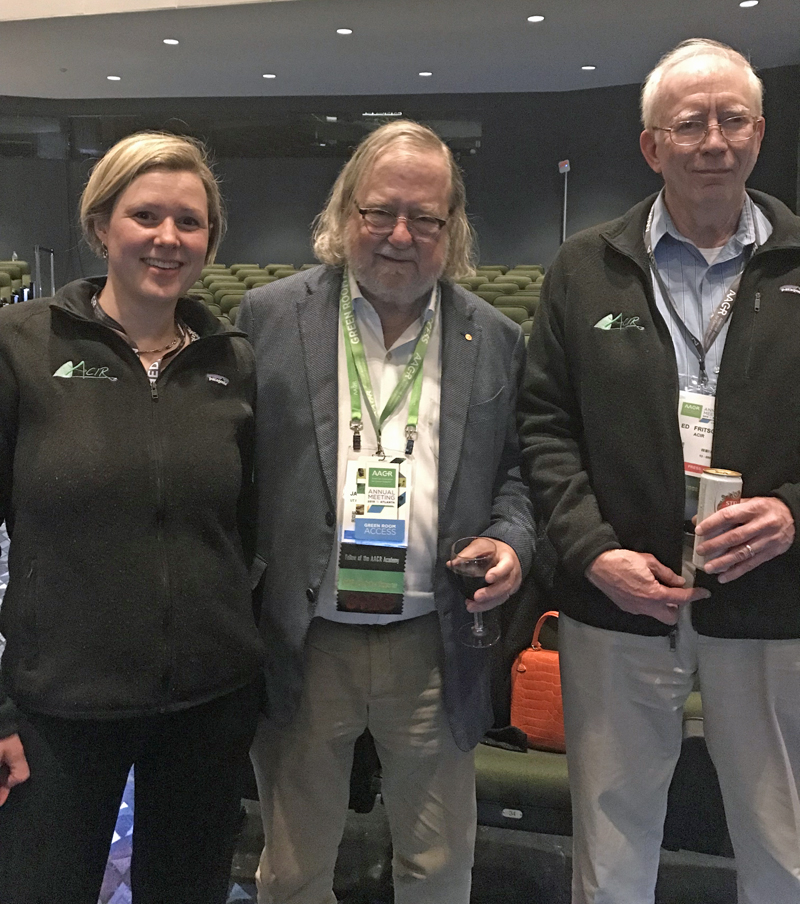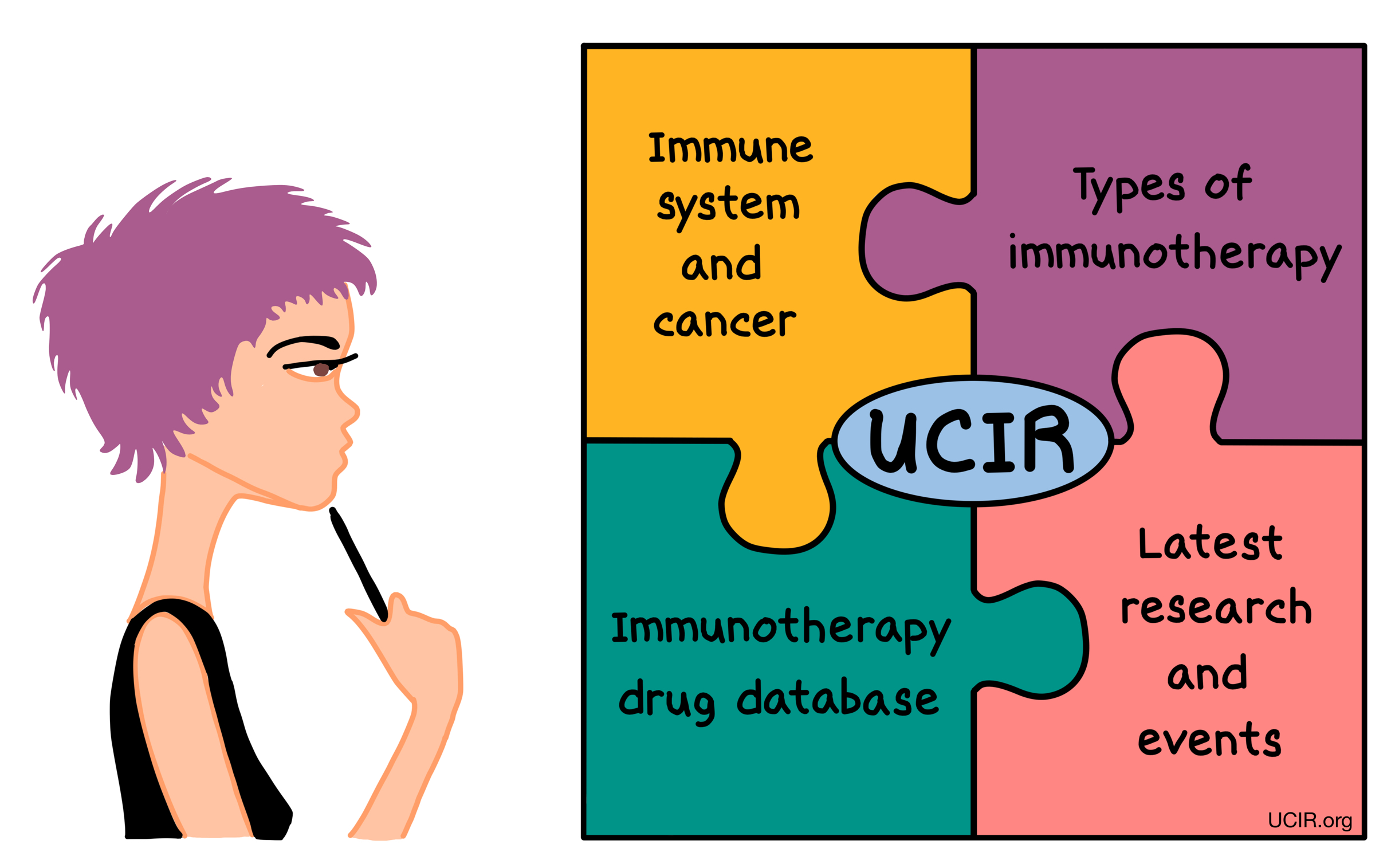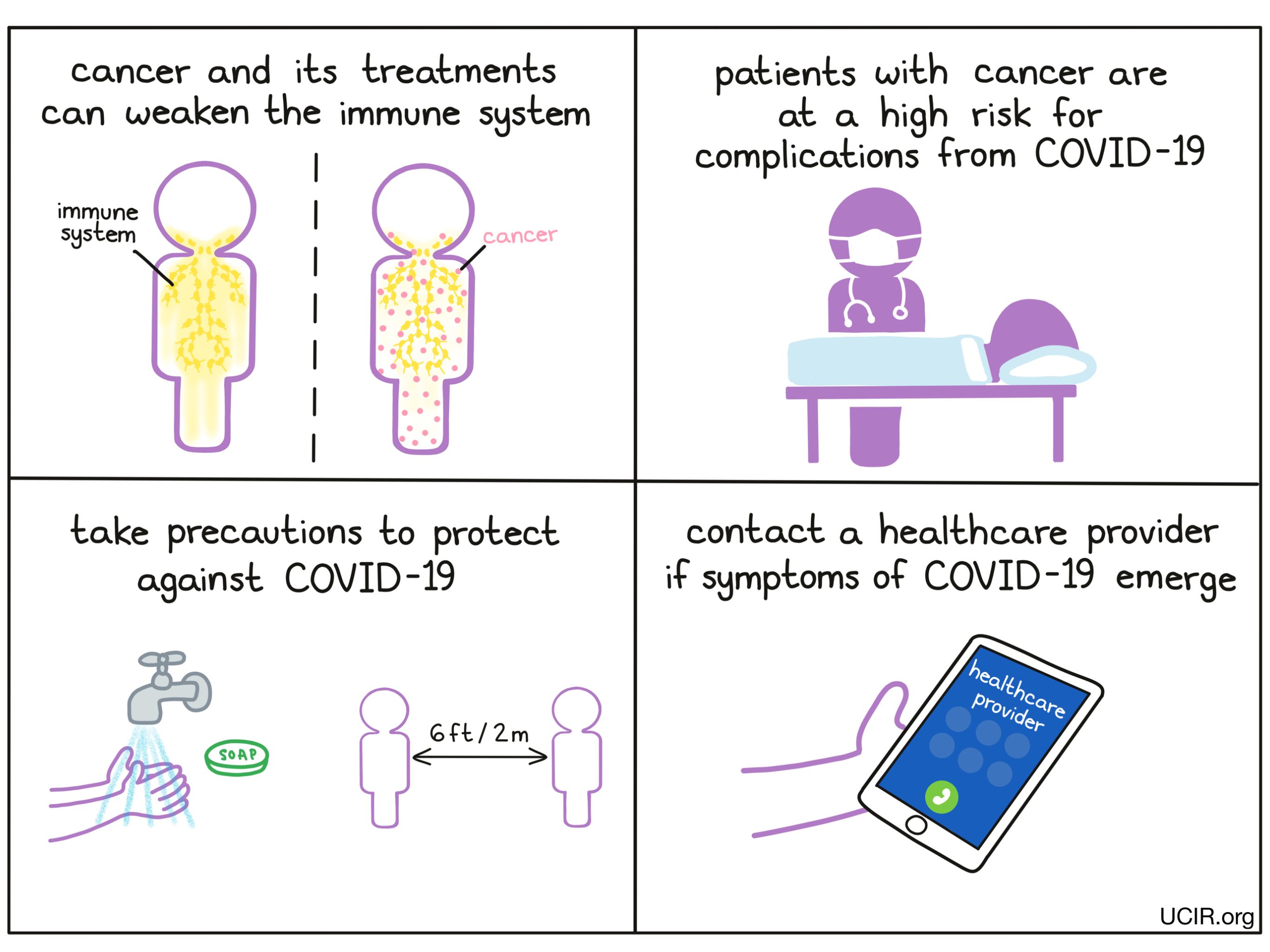Nobel Prize recognizes the significance of cancer immunotherapy
2019-12-26

As a testament to the significance of immunotherapy for the treatment of cancer, the 2018 Nobel Prize in Physiology or Medicine was awarded to Drs. James P. Allison and Tasuku Honjo "for their discovery of cancer therapy by inhibition of negative immune regulation". Dr. Allison discovered that a molecule called CTLA-4 acts as a brake on T cells and Dr. Honjo discovered another T cell brake called PD-1.
T cells are the immune cells that play the main role in preventing cancer growth. A T cell recognizes particular molecules that identify a tumor cell as abnormal, and this recognition triggers the T cell to kill the tumor cell. The two molecules recognized by the 2018 Nobel Prize – CTLA-4 and PD-1 – are known as immune checkpoints, and normally help keep the T cells from getting overly active and attacking healthy cells, but leaving them less effective in attacking tumor cells. The discovery of these immune checkpoints led to the development of immune checkpoint inhibitors – immunotherapies in the form of antibodies that bind CTLA-4 and PD-1 and block their activity, thus releasing the brakes and enabling the T cells to more effectively kill tumor cells. Such immunotherapies proved to be groundbreaking, demonstrating dramatic results, including complete remissions in some patients with certain advanced and metastatic cancers (such as melanoma) – conditions that were previously considered to be untreatable.
 The discoveries by Dr. Allison and Dr. Honjo revolutionized the treatment landscape for cancer – as of September 2018, one antibody targeting CTLA-4 (approved in 2011) and six antibodies targeting PD-1 or the molecule it binds to, known as PD-L1, (first approval in 2014) have been approved in the United States and other countries for the treatment of numerous cancer types. Many different combinations of immune checkpoint inhibitors – with each other, with other immunotherapies, and with conventional cancer therapies – are being investigated in clinical trials worldwide, and the combination of antibodies targeting CTLA-4 and PD-1 has already been approved for routine use in the clinic.
The discoveries by Dr. Allison and Dr. Honjo revolutionized the treatment landscape for cancer – as of September 2018, one antibody targeting CTLA-4 (approved in 2011) and six antibodies targeting PD-1 or the molecule it binds to, known as PD-L1, (first approval in 2014) have been approved in the United States and other countries for the treatment of numerous cancer types. Many different combinations of immune checkpoint inhibitors – with each other, with other immunotherapies, and with conventional cancer therapies – are being investigated in clinical trials worldwide, and the combination of antibodies targeting CTLA-4 and PD-1 has already been approved for routine use in the clinic.
The discoveries recognized by the 2018 Nobel Prize created the fourth pillar of cancer therapy, adding to surgery, radiation, and chemotherapy, and have already revolutionized cancer management. These breakthroughs have inspired researchers worldwide to identify even more ways to enhance the ability of the patient's own immune system to attack their disease.
by Anna Scherer
References:
https://www.nobelprize.org/prizes/medicine/2018/summary/
https://www.cancerresearch.org/immunotherapy/timeline-of-progress
Image credits: University of Texas MD Anderson Cancer Center; Kyoto University Institute for Advanced Study




